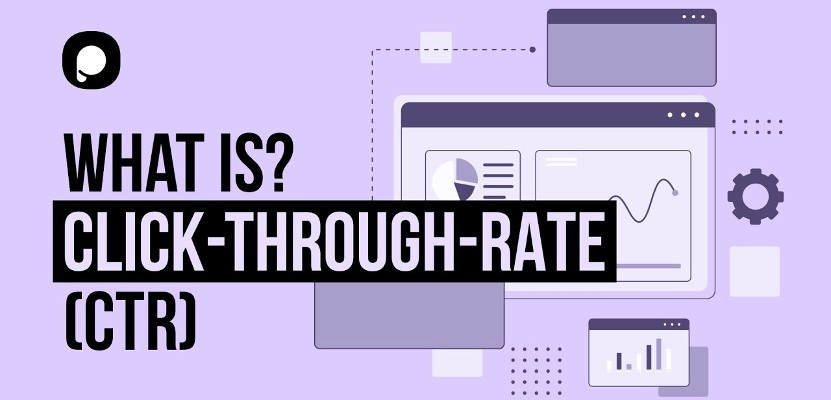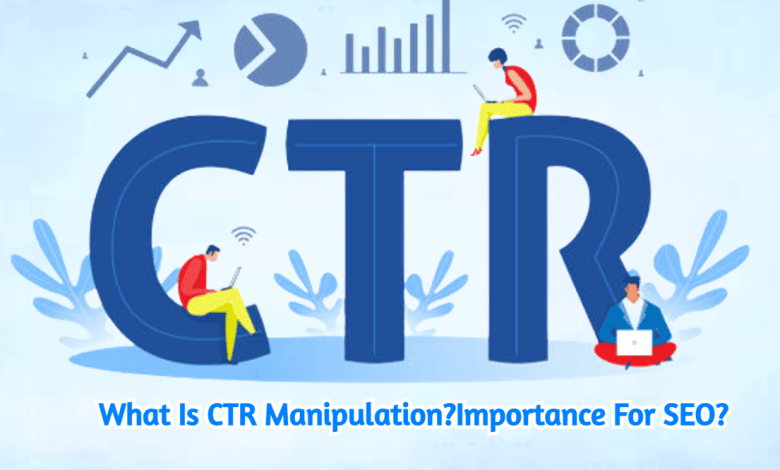Discovering the Partnership In Between CTR Control Solutions and Individual Actions
In the world of digital advertising, the influence of click-through price (CTR) manipulation services on individual habits stays a complex and fascinating topic. As on the internet platforms progressively rely on CTR metrics to determine the success of web content, products, and solutions, understanding just how these controlled rates impact user interaction and decision-making processes is paramount. The interplay in between CTR manipulation and customer habits raises questions regarding credibility, credibility, and the moral ramifications of such techniques. By exploring the detailed partnership in between CTR manipulation solutions and individual habits, appealing understandings arise that might reshape our understanding of digital advertising strategies and their impacts on customers.
Impact of CTR Control on Actions
Analyzing the impact of Click-Through Price (CTR) adjustment on user actions discloses critical insights into the dynamics of online engagement. CTR manipulation involves artificially inflating the number of click a particular web link or ad to trick users and search engines. This practice can result in an altered perception of a website's appeal or relevance, ultimately affecting individual actions.

Moreover, CTR manipulation can alter the data utilized by algorithms to customize individual experiences. This can lead to customers being offered content that does not straighten with their preferences or rate of interests, ultimately leading to a decrease in individual fulfillment and interaction. Recognizing the impact of CTR manipulation on individual habits is essential for preserving openness and count on on-line communications.
Individual Interaction With Adjusted CTR
Customer interaction with adjusted CTR information usually leads to skewed understandings of on-line content appeal and importance. When users communicate with web content based on unnaturally filled with air Click-Through Rates (CTR), they may think that particular information, products, or services are a lot more preferred or reliable than they in fact are. This can lead to customers making choices based upon misleading information, causing potentially unfavorable end results.
Involvement metrics like likes, shares, comments, and time invested in a page are frequently influenced by CTR adjustment. Customers may be much more likely to involve with web content that appears to have greater engagement rates, further bolstering the cycle of skewed understandings. As a result, content designers and advertisers might prioritize creating material that generates high CTR rather than concentrating on creating truly important and relevant material.

Emotional Impacts of CTR Adjustment

Moreover, the mental results of CTR control can also show up in altered decision-making procedures. Customers might be much more inclined to click on material entirely based on its viewed popularity, instead of its real value or significance to their needs. This behavior shift can result in a superficial interaction with online material, where customers may neglect top quality however less preferred offerings in support of those with artificially increased CTRs.
In essence, the psychological implications of CTR adjustment highlight the significance of keeping openness and authenticity in on-line interactions to promote authentic individual involvement and depend on.
Ethical Factors To Consider in CTR Adjustment
CTR manipulation increases worries about tricking individuals, misshaping information analytics, and compromising the trustworthiness of on-line material. By artificially blowing up CTR, customers may be misdirected into clicking on web links or advertisements they would certainly not have actually picked otherwise, leading to a disingenuous online experience.
An additional moral element to ponder is the fairness of controling CTR to acquire an unfair benefit over competitors. Taking part in such techniques not just breaches principles of justice but also weakens the depend on that individuals position in online platforms. It is necessary for companies and electronic marketers to support ethical standards in their practices to make certain openness, credibility, and lasting sustainability in the on-line setting.
Effects for Digital Advertising And Marketing
With the raising reliance on electronic platforms for advertising objectives, the method of controling click-through rates (CTR) presents significant effects for the effectiveness and honesty of digital marketing strategies. CTR manipulation can result in manipulated data analytics, misguiding marketers into believing that their projects are executing better than they really are. This can cause misallocation of resources, with firms investing in underperforming approaches based on falsified check this CTRs. Additionally, when customers realize that CTRs have actually been manipulated, it can erode rely on the brand, bring about long-term negative repercussions for customer commitment and brand name track record.
Furthermore, the use of CTR control services can create an unjust affordable landscape, where companies that involve in such methods acquire an artificial advantage over those that comply with ethical advertising standards. This can suppress development and creative thinking in digital advertising and marketing, as success ends up being even more advice concerning control techniques than delivering authentic value to consumers. Inevitably, the effects of CTR manipulation for digital advertising and marketing expand beyond temporary gains, influencing the overall sustainability and credibility of advertising and marketing efforts in the digital realm.
Verdict
To conclude, the relationship in between CTR manipulation solutions and individual behavior is complex and complex. The effect of CTR control on behavior, individual engagement with controlled CTR, emotional effects, ethical considerations, and ramifications for digital advertising and marketing all contribute fit this connection. Comprehending these characteristics is critical for marketing experts and researchers alike in order to browse the moral ramifications and take full advantage of the efficiency of their digital advertising and marketing methods.